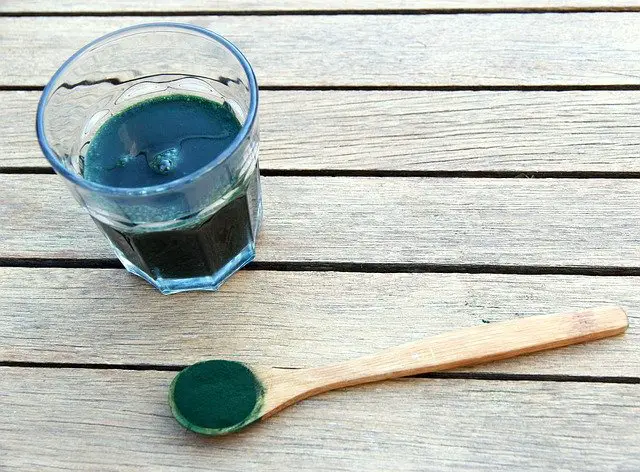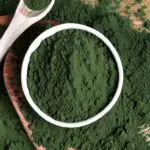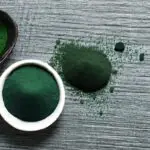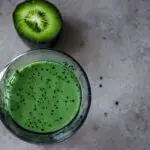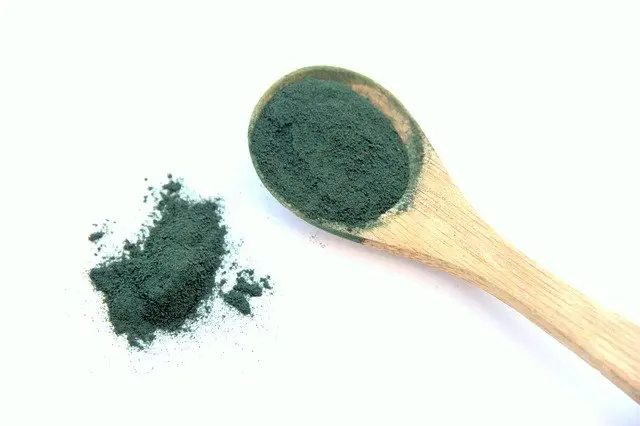
Spirulina is a blue-green algae that has gained popularity in recent years due to its numerous health benefits. It is a rich source of nutrients, including protein, vitamins, and minerals, and is often used as a dietary supplement. However, there is some debate over the best time to take spirulina for maximum effectiveness.
Before we delve into the best time to take spirulina, let’s take a closer look at what it is and its benefits.

What is Spirulina?
Spirulina is a type of cyanobacteria, or blue-green algae, that grows in freshwater environments. It has been consumed for centuries by indigenous people in Mexico and Africa, and has been used as a dietary supplement in the United States since the 1970s.
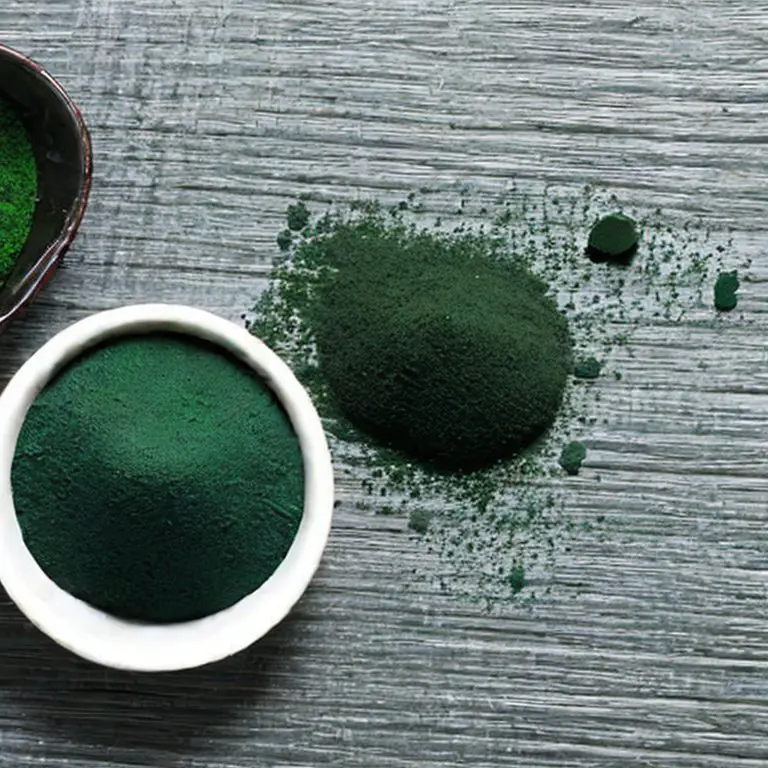
Spirulina is often touted as a superfood due to its high nutrient content. It contains up to 70% protein by weight, making it one of the most protein-dense foods available. It is also a rich source of vitamins and minerals, including iron, calcium, and vitamins A, C, and E. Additionally, spirulina contains a number of antioxidants, which may help protect the body against oxidative stress.
Benefits of Spirulina
There are numerous benefits associated with the consumption of spirulina. Some of the most commonly cited benefits include:
- Improved immune function: Spirulina contains a number of immune-boosting compounds, including beta-carotene, phycocyanin, and polysaccharides, which can help enhance the body’s immune response.
- Increased energy: Spirulina contains high levels of protein and other nutrients that can help boost energy levels and reduce fatigue.
- Improved gut health: Spirulina contains prebiotics, which can help promote the growth of beneficial gut bacteria, leading to improved digestive health.
- Lowered cholesterol levels: Some studies have shown that spirulina may be effective at reducing LDL, or “bad” cholesterol levels, which can help reduce the risk of heart disease.
- Anti-inflammatory properties: Spirulina contains a number of anti-inflammatory compounds, which may help reduce inflammation throughout the body and prevent chronic diseases.
Best Time to Take Spirulina
So, when is the best time to take spirulina? The answer may depend on your personal preferences and lifestyle.
Some people prefer to take spirulina in the morning, as a way to jumpstart their day and boost energy levels. Others prefer to take it in the afternoon, as a mid-day pick-me-up. Still, others prefer to take it in the evening, as a way to wind down and promote relaxation.
Additionally, taking spirulina in the morning may help boost energy levels and improve cognitive function throughout the day. This is because spirulina contains high levels of protein and other nutrients that can help fuel the body and brain.
However, taking spirulina in the evening may also have benefits. Spirulina contains a number of compounds that can help promote relaxation and reduce stress, including magnesium, tryptophan, and gamma-aminobutyric acid (GABA). Taking spirulina in the evening may help promote restful sleep and reduce anxiety levels.
Ultimately, the best time to take spirulina may depend on your individual needs and goals. If you are looking to boost energy levels and improve cognitive function, taking spirulina in the morning may be the most effective. If you are looking to promote relaxation and improve sleep quality, taking spirulina in the evening may be more beneficial.
(For ideas on how to take spirulina, see Spirulina Recipes)
Considerations for Spirulina
It is important to note that while spirulina is generally considered safe, it may interact with certain medications and supplements. If you are taking any medications or supplements, it is important to speak with your healthcare provider before starting to take spirulina.
Additionally, it is important to choose a high-quality spirulina supplement from a reputable source. Look for a supplement that has been third-party tested for purity and potency, and avoid products that contain fillers or additives.
Finally, it is worth noting that spirulina should not be used as a replacement for a balanced, healthy diet. While spirulina can provide a range of nutrients, it should be used as a supplement to a diet rich in fruits, vegetables, whole grains, and lean protein.
Final Thoughts
In conclusion, spirulina is a nutrient-dense superfood that can provide a range of health benefits. The best time to take spirulina may depend on your individual needs and goals, but taking it in the morning may be the most effective for boosting energy levels and cognitive function, while taking it in the evening may help promote relaxation and improve sleep quality.
Regardless of when you choose to take it, be sure to choose a high-quality supplement from a reputable source, and use it as a supplement to a healthy, balanced diet.
Lance has been passionate about the plant-based diet and we have been following a whole food plant-based diet for over 5 years. We focus on health, natural healing, weight management, animal rights, and the health of the planet and environment by focusing on whole plant-based foods and sustainable practices.
Learn more at the About Me page and follow on social media at the links below.

